1940 Mercury Convertible
- Condition: Used
- Make: Mercury
- Model: HOT ROD
- SubModel: 1940 Mercury Convertible, hot rod, street rod
- Type: Convertible
- Doors: 2 Doors
- Year: 1940
- Mileage: 350
- VIN: 99A121762
- Color: Green
- Engine size: FLAT HEAD V-8
- Interior color: Green
- Vehicle Title: Clear
- Interested?
1940 Mercury HOT ROD 1940 Mercury Convertible, hot rod, street rod Description
276 cu. in. L-head V-8 engine with Isky cam and Weiand dual carburetors, three-speed manual transmission with Lincoln-Zephyr gears and overdrive, semi-elliptic leaf-spring front suspension, live axle rear suspension with transverse leaf springs, and four-wheel hydraulic drum brakes. Wheelbase: 116 in.
• One of the very first California customs
• Built in 1940 by Charles Marr and Gerry Huth
• Owned for four decades by the well-known Carl Morton
• Equipped with all of the best speed equipment and trim of the period
• A standout addition to any custom collection
Many today think of a California custom as something born out of necessity: a used car that has been carefully rebuilt by skilled amateur artisans into something fast and beautiful. However, Charles Marr bought this 1940 Mercury Convertible new in November 1939, and within two weeks, he and his friend Gerry Huth, of well-known Huth exhaust systems, had chopped the windshield three inches and added a removable Carson padded top. Note the date: the Marr/Huth Mercury is one of the very first California customs, perhaps the first customized 1940 Mercury in the Los Angeles area, and it is one of the few surviving to have intact customs built prior to World War II.
The car was acquired in 1962 by Carl Morton, the renowned customizer who had just prior taken over the former Valley Custom Shop of Burbank. Morton recognized the car as one of the first Southern California customs, and he had known both Marr and Huth to be a part of the early kustom kulture. He stored the car for some four decades, and unusual for someone who built custom cars for a living, he appreciated its originality. Thus, not only does this car retain to the present day all of its original customized body panels, including the fenders, doors, hood, and trunk lid, but it also has such prized small trim pieces as the window frames, vent windows, dashboard, and window trim.
In 2005, the Mercury was finally sold to its third owner from new, along with a horde of original and new old stock parts that had been accumulated for a long-awaited restoration. That restoration was undertaken to correct standards between 2008 and 2009, with great care taken to use only authentic trim. The car was totally disassembled and stripped, with the bodywork lead-finished, primered with epoxy, and painted with custom Sikkens Autcryl green metallic paint, replicating a hand-rubbed, multi-coat lacquer finish. The original Carson top was recreated by Paul Reichling of Cedardale Upholstery, and the two-tone interior, with its 1940 Buick steering wheel, was restored by Guy’s Interior Restorations of Portland.
The car boasts numerous 1940s custom touches, including the 1937 DeSoto “ripple” bumpers, which were so widely used on period street rods that they are almost impossible to still find on a 1937 DeSoto today, as well as 1941 Studebaker taillights, teardrop skirts, and “flipper” hubcaps. Dual Appleton spotlights were a “must-have” back in the day.
Under the hood is a correct 1940 flathead V-8 that had been bored and stroked to 276 cubic inches, running a hot Isky three-quarter cam and sporting a Weiand dual-carburetor set-up and modified Lincoln-Zephyr V-12 dual-coil ignition. The engine breathes through dual exhausts and exits in an unusual fashion above the rear bumper. As every hot-rodder worth his salt did, the owner had the transmission fitted with Lincoln-Zephyr gears, which ran to a Zephyr two-speed rear axle. The frame was “C’d” above the rear axle, and a Zephyr hypoid differential moves the car lower without necessitating modifications to the driveshaft tunnel. All of this means that the car will cruise comfortably down the highway at proper modern road speeds, and it will also come nicely to a stop, thanks to Zephyr hydraulic brakes.
Since its restoration, the Marr/Huth Mercury has been displayed at the 2009 Sacramento Autorama as part of a special display honoring 70 years of Mercury customs, of which this is arguably the progenitor. It has covered only 40 miles in its current ownership, and it has been freshly serviced and tuned with new fluids and a battery. All switches and lights work, and it drives beautifully. Its restored condition is still excellent in all regards.
This Mercury is work of art and one of the earliest, most important “lead sleds.” It is a must-have for any custom collection.
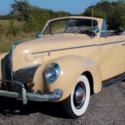 1940 Mercury Eight Convertible Flathead V8 Survivor
1940 Mercury Eight Convertible Flathead V8 Survivor
Mileage: 30,785
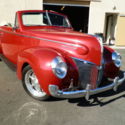 1940 Mercury Eight Convertible - NO RESERVE Quality Built Street Rod LAS VEGAS
1940 Mercury Eight Convertible - NO RESERVE Quality Built Street Rod LAS VEGAS
Mileage: 89,531
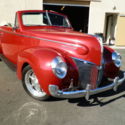 1940 Mercury Eight Convertible - Gorgeous Quality Built Street Rod in LAS VEGAS!
1940 Mercury Eight Convertible - Gorgeous Quality Built Street Rod in LAS VEGAS!
Mileage: 89,531
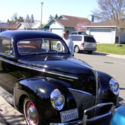 1940 Mercury Coupe
1940 Mercury Coupe
Mileage: 1,000
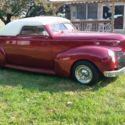 1940 mercury street rod
1940 mercury street rod
Mileage: 19,000
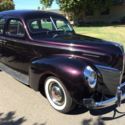 1940 Mercury Town Sedan
1940 Mercury Town Sedan
Mileage: 45,850
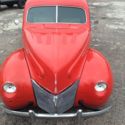 1940 Mercruy Coupe (Steel Body Street Rod) Brother to the 1940 Ford Coupe
1940 Mercruy Coupe (Steel Body Street Rod) Brother to the 1940 Ford Coupe
Mileage: 99,999
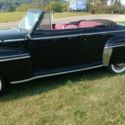 1948 Mercury convertible
1948 Mercury convertible
Mileage: 99,999
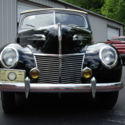 1939 MERCURY CONVERTIBLE
1939 MERCURY CONVERTIBLE
Mileage: 76,004
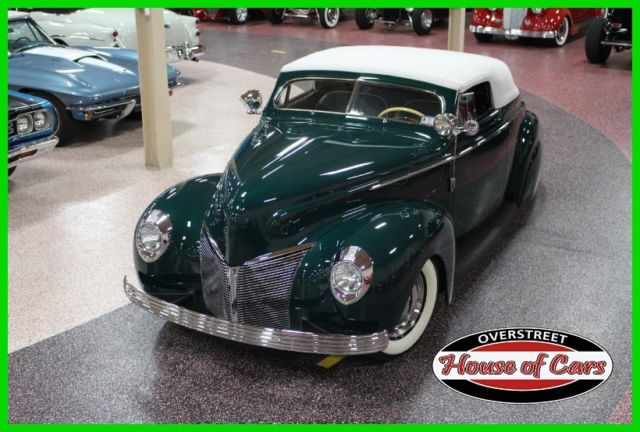
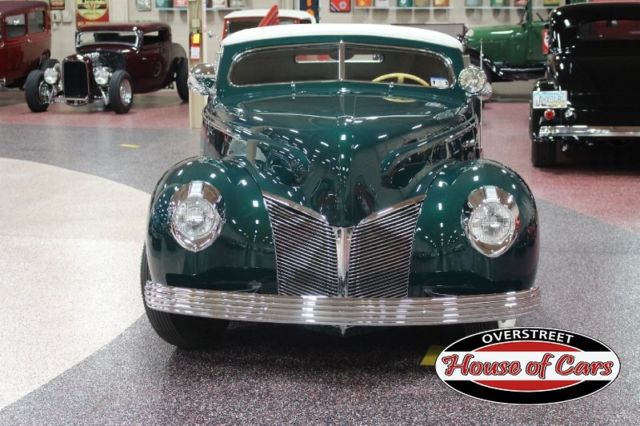

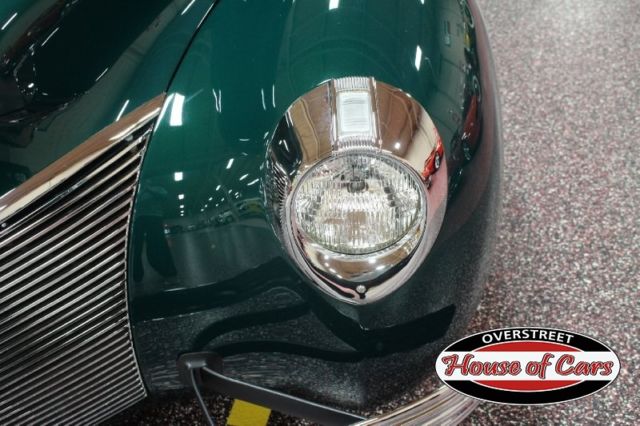
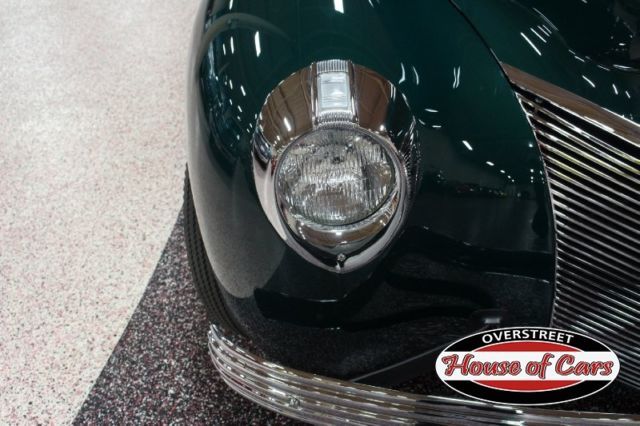
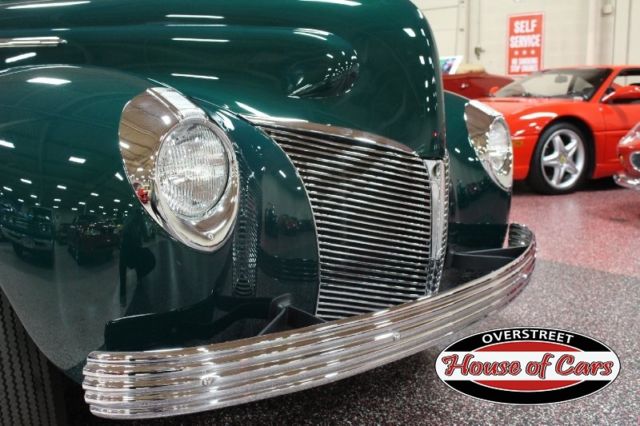
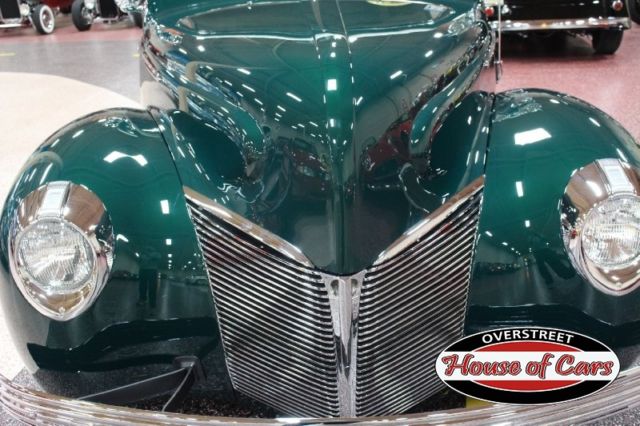
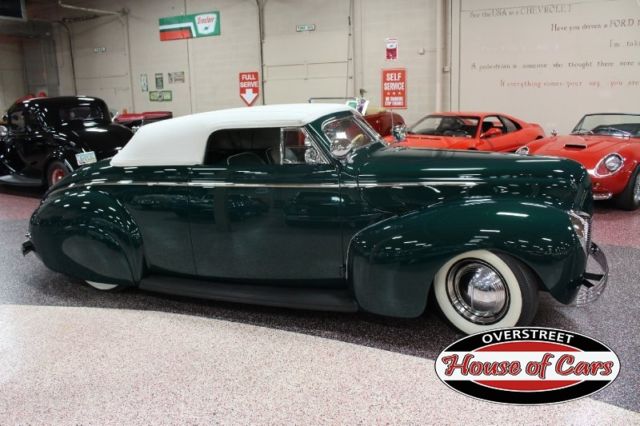
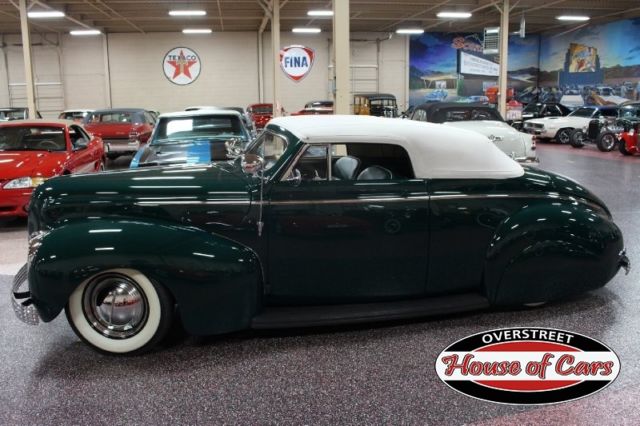
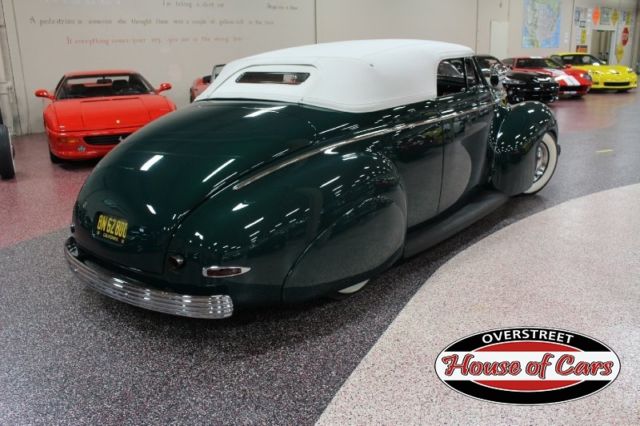
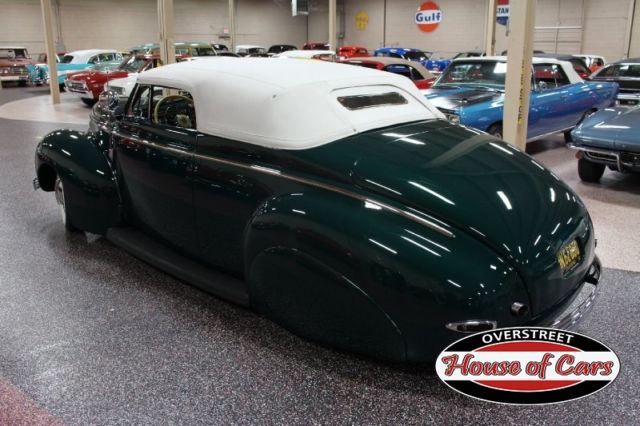
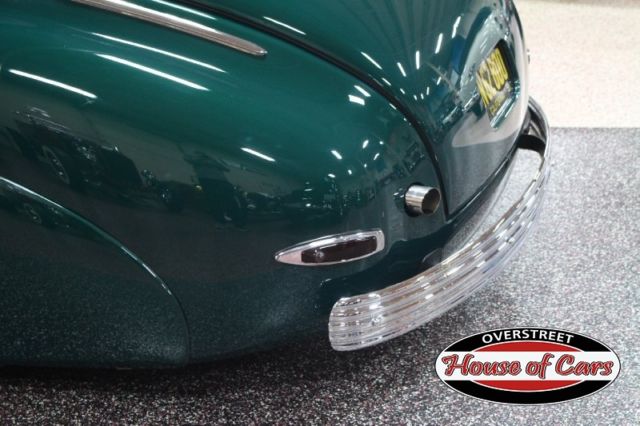
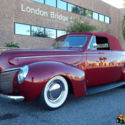 1940 Mercury Custom Convertible All Steel 350 700R4 Ford IFS Disc Power A/C More
1940 Mercury Custom Convertible All Steel 350 700R4 Ford IFS Disc Power A/C More